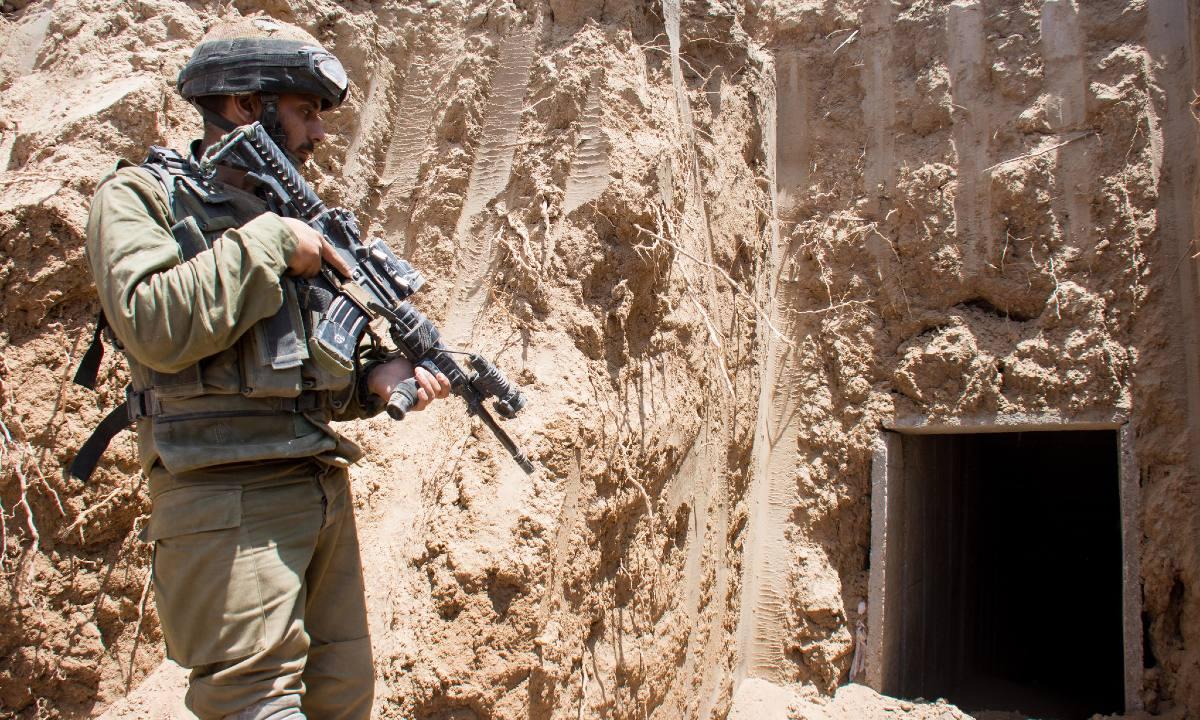Hamas Warns of Hostage Neutralization Amid Israeli Rescue Operation Threats
Hamas has released a troubling statement indicating its belief that Israel is planning another hostage rescue operation similar to the significant military action it carried out in the Nuseirat refugee camp in Gaza earlier this year. This announcement, made in an internal communication reviewed by Reuters, came as a stark warning that Hamas would take drastic measures against captives if such an operation were to unfold.
Recent Developments and Warnings
In a document dated November 22, Hamas instructed its operatives to adhere to the group’s orders without consideration for potential retaliatory consequences. The entity held Israel responsible for the well-being of the hostages, as detailed in the leaked information. A senior source from Hamas confirmed to Reuters that this message had been conveyed to various factions within the group, primarily through the intelligence wing of the Izz el-Deen al-Qassam Brigades.
As of now, Israel has not publicly responded to Hamas’s assertions. However, in parallel discussions, Israeli media reported comments from Defense Minister Israel Katz, who stated that the pressure exerted on Hamas is mounting. He expressed optimism that, unlike previous negotiations, this time Israel would achieve substantial progress in securing a hostage deal.
Historical Context: The Nuseirat Rescue Operation
The Nuseirat incident, which took place on June 9, resulted in the successful rescue of four hostages who had been held by Hamas since October 2023. Tragically, the operation also led to significant casualties, with Palestinian officials reporting that over 200 individuals were killed during the raid. This incident stands as one of the deadliest confrontations in the ongoing conflict, showcasing the high stakes and the severe consequences of military interventions in densely populated areas like Gaza.
Reinforced Measures Against Hostages
In light of the increasing tensions, Hamas has taken further steps to restrict the living conditions under which captives are being held. The recent communication from the group urged its factions to enforce these restrictions more strictly, which echoes the protocols that were put into place following the Nuseirat operation. Under the guidelines labeled “recommendations,” Hamas has directed its operatives to “activate neutralization orders” as an immediate response to any perceived Israeli incursion.
The Broader Conflict Background
The backdrop to these developments is the ongoing conflict that escalated dramatically after an October 7, 2023, assault by fighters from Hamas against Israeli communities situated along the border. This attack resulted in the deaths of approximately 1,200 individuals and left over 250 people in captivity, according to Israeli officials. In response, Israel undertook a comprehensive military campaign in Gaza, an offensive that has drawn international attention and condemnation due to its scale and impact on civilians.
The Humanitarian Toll
Palestinian accounts estimate that the Israeli military response has claimed more than 44,500 lives. These figures, coupled with reports of mass injuries and the widespread destruction of infrastructure, paint a dire picture of the humanitarian crisis unfolding in Gaza. The current statistics not only highlight the intensity of the conflict but also emphasize the urgent need for diplomatic interventions and viable peace negotiations.
Call for Diplomatic Solutions
The potential for further military actions raises significant concerns among humanitarian organizations and international observers. The cycle of violence has led to severe humanitarian crises, underlining the need for immediate action to protect civilians caught in the crossfire. The international community continues to call for diplomatic solutions that prioritize negotiations over military engagements, emphasizing the importance of addressing the root causes of the conflict.
Conclusion
The volatile situation in Gaza remains precarious as tensions escalate between Hamas and Israel. With both sides preparing for potential confrontations, the specter of further violence looms large. Policymakers, humanitarian organizations, and international actors must work collaboratively to seek quicker resolutions that not only aim to address the immediate crisis but also foster long-term peace and stability in the region.
